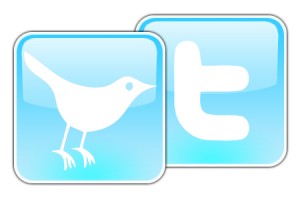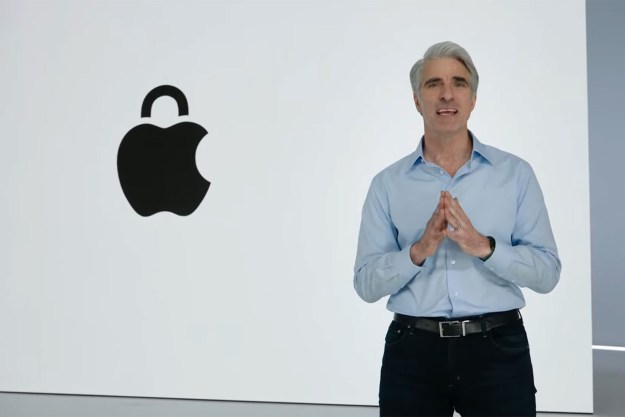
Earlier this year, microblogging site Twitter launched its own URL-shortening service twt.tl, with the idea of reducing the number of characters that a URL takes up in a 140-character tweet and saving space for actual content. URL shortening services like bit.ly and TinyURL have long been popular on the service, and Twitter started slow my applying twt.tl URLs only to direct messages on the service: folks posting public tweets could still use any URL-shortening service they liked. But that’s going to change: beginning sometime this summer, Twitter plans to extend its own URL-shortening to all tweets using a new domain: t.co.
The move is as much about preserving space with the 140-character limit of tweets so users can accompany shared links with messages, but also about protecting users from malicious content, phishing attacks, and and attempts to spread malware. Links that get reported to Twitter as malicious will bring up a warning page before giving users a choice about whether they want to continue on to the link.
One of the downside of URL-shortening services, however, is that they obscure the ultimate destination of a link: a user only sees the shortened URL, and has to rely on context and the trustworthiness of the messages’ sender to decide whether the link is legitimate. Of course, predators have exploited the obscurity of URL-shortening services to distribute malware and mount phishing attacks.
So help alleviate that confusion, Twitter plans to expand long links in Web pages or Twitter applications as the destination URL or page title, going with the shortened URL form only in cases where the overall length of the tweet is vitally important: SMS messages.
Twitter says it will also be using the t.co URL shortening service to gather metrics for the effectiveness of its Promoted Tweets advertising platform.
Twitter is testing the service now on a handful of employee accounts, and developers can begin to prepare their Twitter services and clients. Twitter expects to roll out the service the entire Twitterverse this summer.
Editors' Recommendations
- How to find your BitLocker recovery key
- Why is Twitter called X now? Here’s everything you need to know
- The 10 big ways that Threads is totally different from Twitter
- Hacker sent to jail for huge 2020 Twitter breach
- DuckDuckGo’s Windows browser is here to protect your privacy


